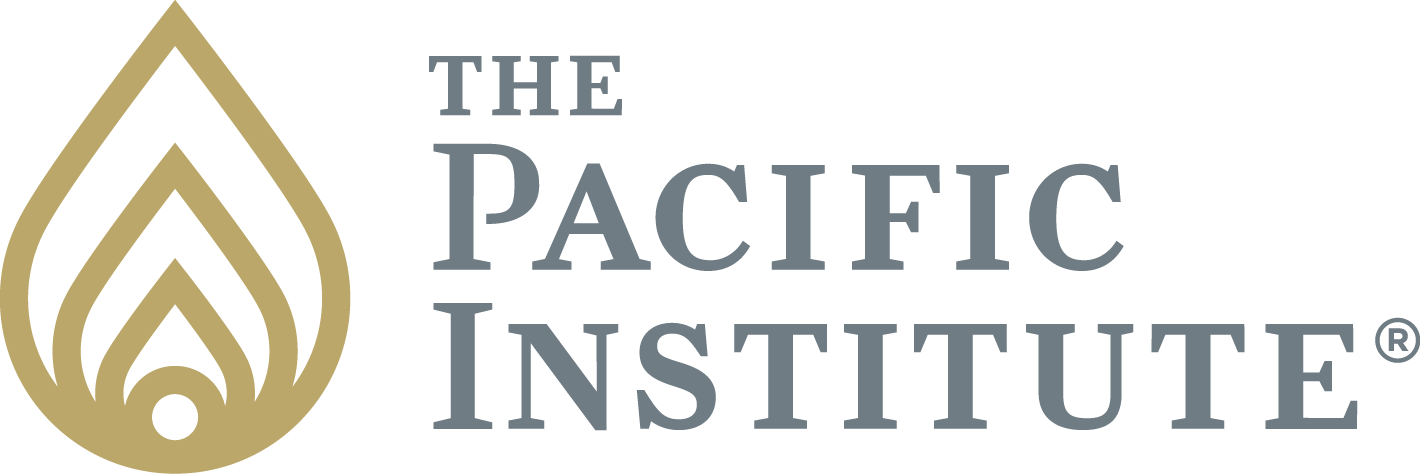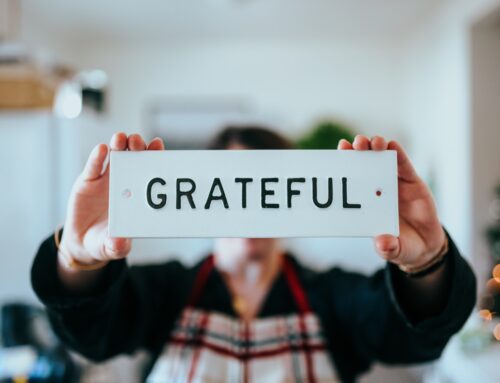After nearly a year inside a global pandemic, it’s pretty easy to feel that we don’t have control over what is happening. We might even feel a bit helpless, as we read news reports of virus mutations, vaccine production challenges, even weather interruptions to deliveries of these very same vaccines. Today, let’s take a look at taking control of our lives and how we react to what’s happening around us.
Some people believe they have little control over what happens to them. When good things occur, they believe it’s mostly a matter of luck or circumstance. They don’t set goals or plan very far into the future, because they think that how things turn out is beyond their control. Why bother planning when the deck is stacked against us?
The tension and stress levels these folks experience are generally quite high, as you might expect, and they often feel overwhelmed, helpless and hopeless. Strangely enough, when bad things happen, instead of blaming circumstances or luck – like they do when good things happen – they tend to blame themselves.
Now, the bad news is that how much control we believe we have over our lives is generally a direct result of the way we were treated by family members and friends when we were very young. If they didn’t believe they had any control, we took in their words and actions, and made them our own. We inherited” the opinions of those around us and took them in as “facts.” The good news is that this condition, which has been called “learned helplessness” doesn’t have to be permanent.
You can learn to take charge of your life and look at things differently. The fact is, when your attitude changes, the results you get change, too. Yes, that is a fact, not just opinion. The research is there to back it up. Your attitude is learned. The results you get depend as much – or more – on your attitude, as they do on your skills and abilities.
If you’re interested in putting an end to feeling like a victim, pick up Martin Seligman’s book “Learned Optimism” as a start or get involved in a reputable personal growth program. If you have children, how about Seligman’s book “The Optimistic Child” to benefit them? What are you waiting for? There is no time like the present to begin to take control of your life.






